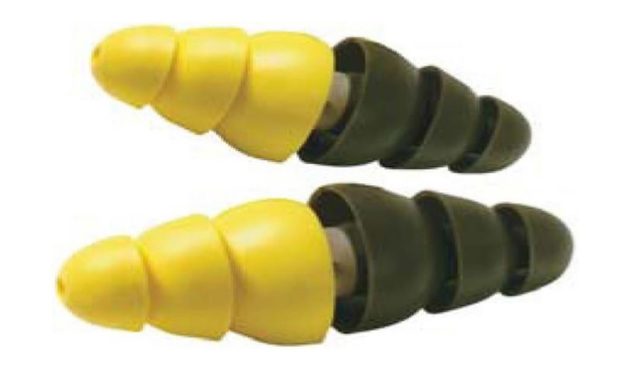Lawyers are gearing up to file thousands of lawsuits on behalf of U.S. military members in a battle over allegedly defective earplugs that 3M sold for more than a decade.
So far, 3M faces more than 50 lawsuits by individual service members, primarily veterans, who allege its dual-ended Combat Arms Earplugs, used in both training and in combat, had a defective design that caused them hearing loss and ringing in the ears, called tinnitus. 3M was the exclusive supplier of earplugs to the U.S. military from 2003 to 2012. More than 800,000 former service members now suffer from hearing damage, according to the lawsuits.









